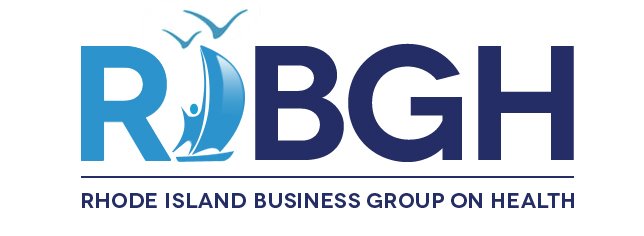PROVIDENCE —Speakers at the Rhode Island Business Group on Health’s Annual Health Care Summit told attendees at the Providence Marriott Friday that surprise billing – unexpected, uncovered medical costs – burdens consumers and providers alike.
“For those of you who haven’t [experienced surprise billing], you’re lucky, and hopefully you won’t. But they can be rather unpleasant and rather large” said David Chamberlain, senior consultant at Mercer Health, the moderator of the event.
Surprise billing occurs when some element of a patient’s care is, unbeknownst to them, often despite diligent research, not covered under their insurance.
Chamberlain said the plan administrator is then faced with a choice: Either leave the patient to pay the bill or pay the bill as part of the plan expense. The latter encourages the provider not to join the network in the future, and perhaps to also “balance bill” – charge the difference between the bill and the covered expense – the next patient, “which could also be one of your employees,” he said.
Consumers are willing to do their homework consulting provider directories to figure out whether they’re covered, said Charles Bell, programs director for Consumers Union.
“But there’s a sense among consumers that no matter how much homework I do, and how many questions I ask of the provider, out-of-network providers seems to pop up,” Bell said.
Out-of-network charges are caused from elements of care ranging from out-of-network lab fees, out-of-network doctors who step into a case briefly. “We call that drive-by doctoring,” Bell joked.
Bell said the surprise bills are a source of severe financial and emotional hardship for patients that cost substantial time and money to address.
Bell illustrated the issue with the story of Claudia Nafu a professional pianist in New York who carefully researched the doctors involved in her neck surgery, only to receive a bill for $101,000 for the surgery, followed a few days after by an insurance company check for $60,000, which she was advised to send to her doctor. She did.
A few days after that, Claudia received a call from her insurance company, telling her that her insurance plan had changed and that they would only cover $3,500 of the surgery, and told her to ask the doctor for the $60,000 check back.
“The doctor would not send the check back,” Bell said.
The dispute left her in limbo, possibly owing $97,000 for the bill, considering a divorce and bankruptcy filing to avoid damaging her family with the debt.
Surprise billing is of concern to business owners, said Al Charbonneau, executive director for RIBGH, “Because ultimately it raises premium/health care costs.”
In 2014, Bell said, New York state passed protections against surprise billing requiring:
- Improved disclosures of provider network status and insurer payments
- Requiring accurate provider directories
- Banning surprise balance bills for emergency care
- Giving patients in-network rates if no suitable in-network provider is available
Bell said New York is one of seven states thus far that have passed rigorous protections against surprise billing as a result of their national campaign. The others are California, Oregon, Arizona, Connecticut, Florida and Illinois.
At the national level, Bell said, a bill, HR 3770, would address the issue, but it only has 28 co-sponsors and isn’t likely to be successful. So, he said, the state approach is the most likely avenue to address the problem.
Bell warned that state laws wouldn’t necessarily affect private health care plans, those provided by employers, which is roughly half of the work force. “They would not necessarily be protected by the state laws I’m describing,” Bell said.
Rob Borkowski is a PBN staff writer. Email him at Borkowski@pbn.com.













